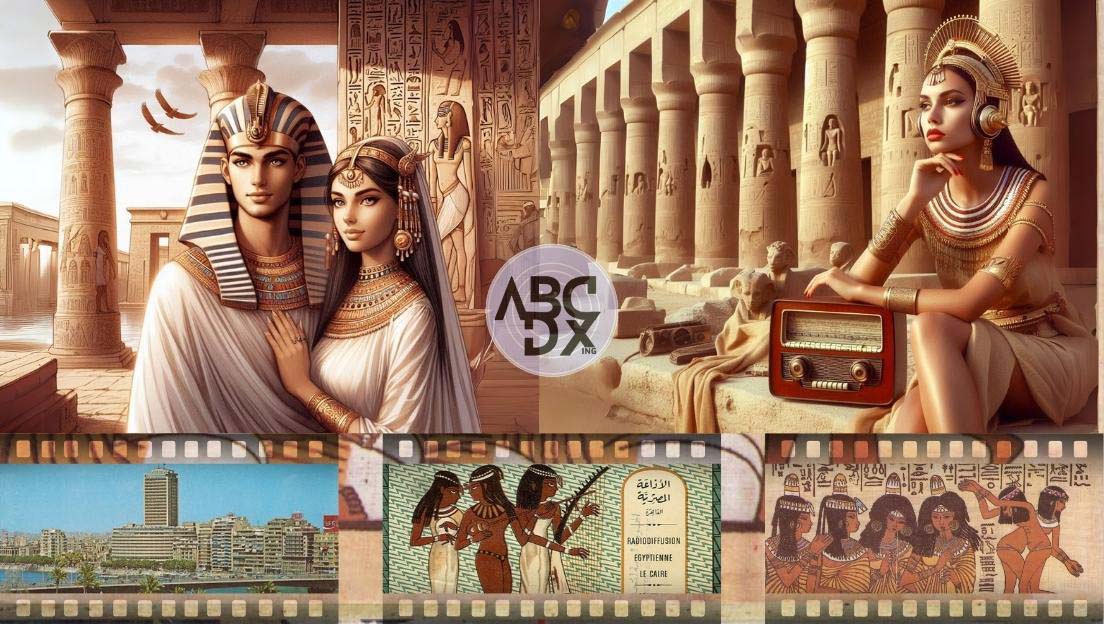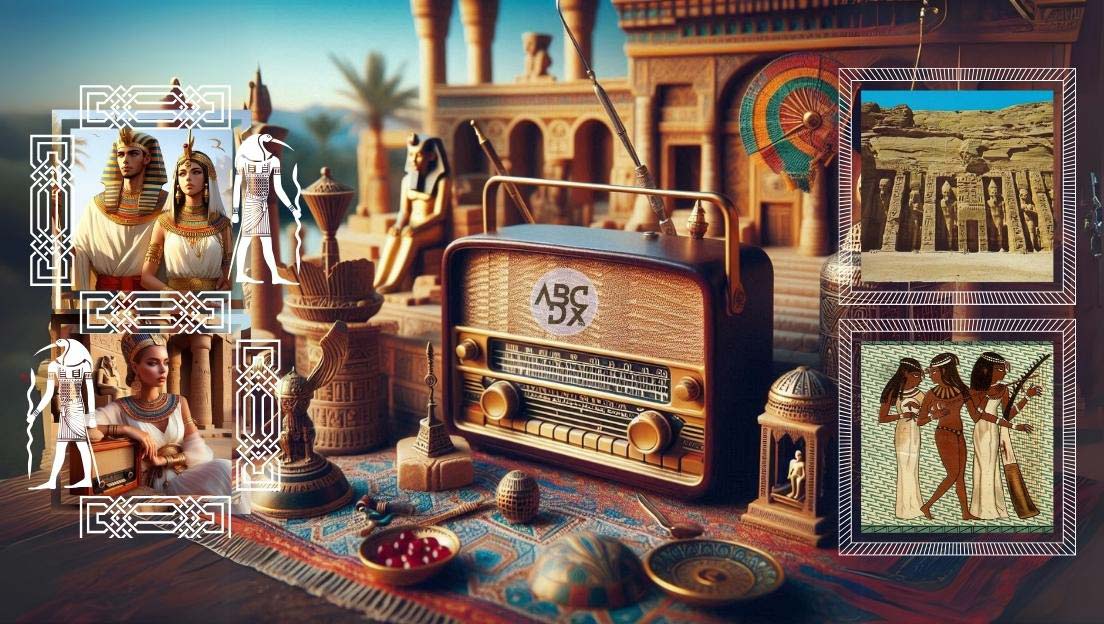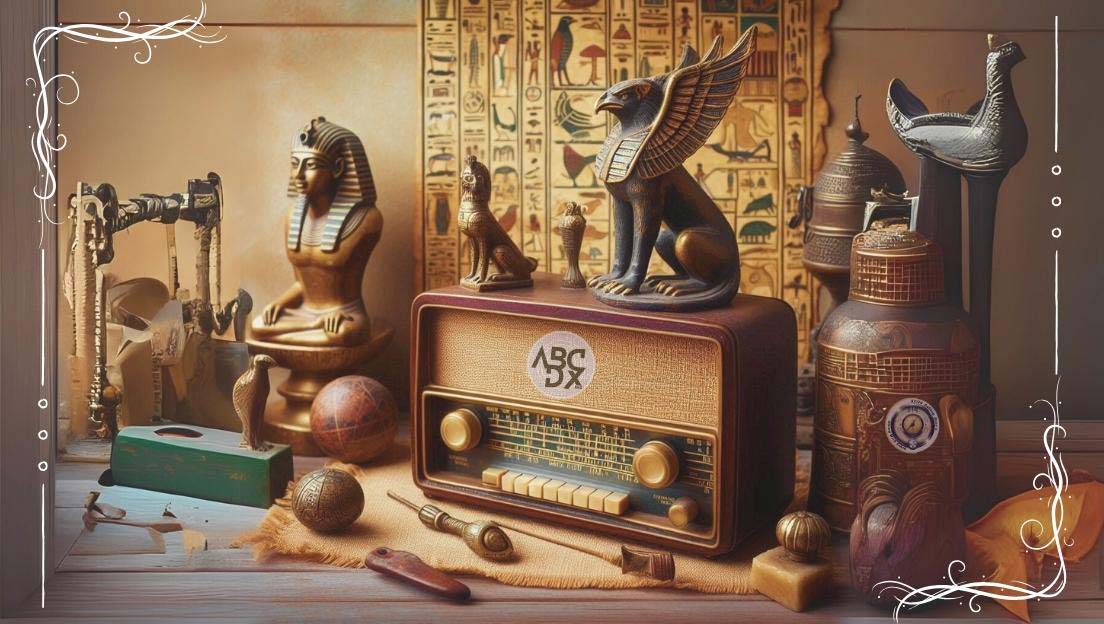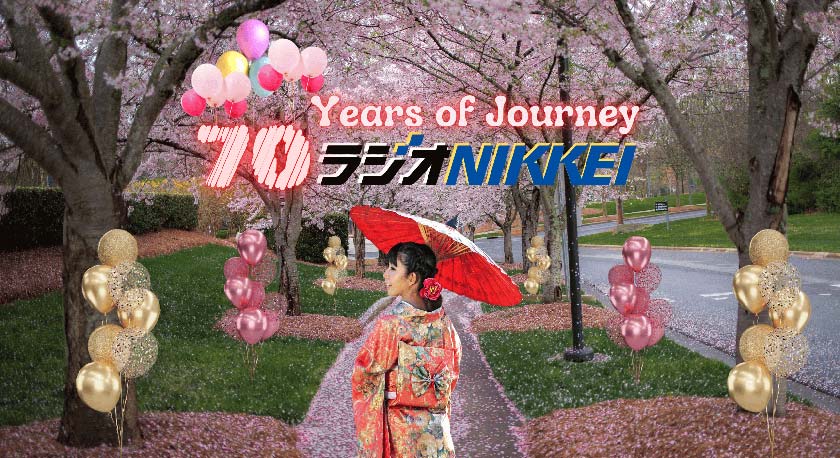Radio Cairo, the vibrant heartbeat of Egypt, is a dynamic public broadcaster under the Egyptian Radio and Television Union (ERTU). Radio Cairo started broadcasting on May 31, 1934. Its famous call sign, "This is Cairo, " has entertained listeners. Over the years, it has grown into a network of several radio channels. Radio Cairo connects and inspires people across the Middle East and North Africa, making it a significant cultural influence.
Chapter 1: Egypt – The Land of Culture and Contrasts
Welcome to Egypt, a land where ancient wonders merge with modern life and Radio Cairo ERTU. Egypt is a country known for its amazing history, strategic location, and rich culture. Officially called the Arab Republic of Egypt, it connects northeastern Africa and the Middle East through the Sinai Peninsula. This makes it a unique bridge between two continents. The area borders the Mediterranean Sea to the north, Sudan to the south, Israel and the Gaza Strip to the northeast, and Libya to the west. It is close to the Red Sea, which helps trade and tourism. Ports in this region connect to major international markets.
Biodiversity and Cultural Tapestry
The biodiversity of Egypt reflects the stark contrast between its vast deserts and its lifeline, the Nile River. Egypt mostly shows off its dry landscapes. However, the Nile Valley and Delta create a fertile area that supports farming and wildlife. The country has a variety of plants and animals, including date palms, papyrus, jackals, and gazelles. Many types of migratory birds fly in their skies.
Egypt’s cultural values are deeply rooted in its rich historical heritage, blending Pharaonic traditions, Arab-Islamic influences, and recent European touches. The vibrant Egyptian culture finds expression through music, dance, cuisine, religious practices, and storytelling. This is an art that Egyptians have mastered for centuries.
People, Costumes, and Language of the Land of Radio Cairo ERTU
Egypt is home to over 100 million people, making it the most populous country in the Arab world. Its population is predominantly Muslim, with a Christian minority primarily practicing Coptic Christianity. Egyptian culture strongly emphasizes family, fostering tight bonds among relatives that reflect communal values. Egyptians cherish hospitality, welcoming guests with warmth, smiles, and often a hearty cup of tea.
Cultural norms, religion, and climate shape traditional Egyptian clothing. Modern fashion often mixes with traditional dresses. In rural and Bedouin communities, people wear more colorful and conservative outfits. Women typically wear embroidered dresses, headscarves, and robes called gallabiyahs. Men usually wear traditional tunics and kaftans. The official language is Arabic and Egyptian Arabic. Both are commonly spoken in Egypt. While English and French also understood, especially in urban areas.
Egypt's Facts and Figures
Egypt operates in the Eastern European Time Zone (EET), typically two hours ahead of Coordinated Universal Time (UTC+2). The country occasionally observes daylight saving time, which has been intermittently applied over the years.
According to Database dot Earth and Wikipedia, Egypt has a population of approximately 116.5 million people. They have a nearly equal gender distribution of 58.8 million males and 57.7 million females. The country is predominantly Sunni Muslim (90%), with a significant Christian minority (10%). Educationally, Egypt has made strides in increasing literacy rates! With an impressive literacy rate of about 75%, the country is nurturing a well-informed populace ready to take on the challenges of the modern world. When it comes to careers, Egyptians are industrious, with key sectors like agriculture, industry, and services fueling the economy. The bustling fields and stunning landscapes beckon tourists, showcasing the captivating allure of this ancient civilization. Exciting times await in Egypt!
Chapter 2: Radio Cairo – The Voice of Egypt Across Borders
The Birth of Radio Cairo ERTU
Radio Cairo is the international service of Egypt's National Broadcasting. It is a cherished institution that has long echoed Egypt's voice across continents. Established on 31 May 1934, Radio Cairo initially sought to bridge connections within Egypt. Later, it expanded its reach beyond the nation's borders. Its inception marked a new era of communication, and it became one of the pioneering radio services in the Arab world.
Radio Cairo ERTU Milestones and Timeline
Radio Cairo broadcast programs in Arabic, English, French, and Italian in its early years. It gradually added more languages to reach a wider audience across Africa, the Middle East, Europe, and beyond. By the mid-20th century, Radio Cairo was broadcasting in over 30 languages, including Bangla. This makes it one of the most multilingual radio services in the world.
Early Days: The Genesis of ERTU Radio Broadcasting from Cairo
Egypt entered the radio broadcasting era in 1934, driven by its desire to modernize communication. The collaboration with the Marconi Company initiated Arabic and multi-language broadcasts, reflecting Egypt's multicultural society. By 1939, the country boasted over 86,000 radios, signaling a growing audience base. This early development laid the foundation for Egypt's later prominence in transnational.
The Heyday: 1953-1967
The golden age of Egyptian radio coincided with the presidency of Gamal Abdel Nasser, who recognized the medium's potential as a revolutionary tool. Programs like Voice of the Arabs (VOTA) were launched in 1953, serving as a platform for anti-colonial sentiment and Pan-Arab unity. The introduction of affordable transistor radios during this period democratized access to radio content, significantly expanding Egypt's influence across the Arab world.
Nasser’s strategic use of VOTA helped shape political narratives, supporting liberation movements in North Africa and promoting Arab solidarity. Egypt's unparalleled broadcasting infrastructure made Cairo the epicenter of Arab media, a role amplified during regional conflicts like the Suez Crisis and the Algerian War of Independence.
Challenges and Decline: Post-1967
The Six-Day War in 1967 marked a turning point for Egyptian radio. The discrepancy between the reality of Egypt's defeat and the propagandist tone of VOTA broadcasts led to a loss of credibility. Subsequent political and economic struggles further eroded Egypt's dominance in Arab broadcasting.
The rise of other regional broadcasters in oil-rich states, equipped with modern infrastructure, introduced competition. Countries like Libya, Saudi Arabia, and Iraq began to assert their voices on the airwaves, challenging Egypt's hegemony.
Broadcasting Coverage: Past and Present
In its golden era, Radio Cairo's shortwave frequencies could be heard far and wide. With powerful transmitters, it reached audiences across Africa, Europe, and even parts of Asia and the Americas. Programs ranged from news and political analyses to music, culture, and storytelling.
Today, while the reach of shortwave radio has diminished with the rise of digital media, Radio Cairo continues to broadcast. Though its traditional influence has waned, the station now adapts to digital platforms, streaming online to keep up with global trends and remain relevant in the digital era.
Transmission Antenna of Radio Cairo (ERTU 2022 Update)
Radio Cairo, Egypt's international shortwave broadcasting service, has long been a key voice in spreading Egyptian culture and news worldwide. However, it has gained a notorious reputation among radio enthusiasts in recent years due to persistent technical issues with its broadcasts. These challenges include distorted audio, off-frequency signals, and a broadcast quality that is either severely distorted and occupying an unnecessarily wide bandwidth or plagued by hum and low-volume audio. Despite these setbacks, Radio Cairo continues to offer programs in multiple languages, featuring news and Egyptian music to listeners across different regions.
The station operates from two main transmitter sites: Abu Zaabal and Abis, each playing a pivotal role in transmitting Radio Cairo’s broadcasts.
- Abu Zaabal Transmitter Site:
- This site houses 17 transmitters, which include:
- 13 transmitters with 100 kW power output. These transmitters date back to the period from the 1950s to the 1990s, reflecting decades of investment in radio infrastructure. They were manufactured by well-known brands such as Brown Boveri, Marconi, Telefunken, Harris, and Thomson.
- Additionally, the site features a 250 kW transmitter, which stands as one of its most powerful pieces of broadcasting equipment.
- This site houses 17 transmitters, which include:
The Abis site complements Abu Zaabal by supporting Radio Cairo’s broadcasting range and reach. Together, these facilities exemplify both the legacy of Egypt’s shortwave broadcasting endeavors and the technical hurdles that must be overcome to maintain consistent and high-quality transmissions in the modern age.
Radio Cairo remains a symbol of resilience and tradition for many listeners in international radio broadcasting. While modernization efforts are crucial to address ongoing technical issues, these transmitters and their storied history highlight the station’s commitment to connecting Egypt with a global audience through the power of the airwaves.
Cultural Impact Through the Airwaves
Radio Cairo has been more than just a broadcaster; it has been a cultural ambassador, sharing Egypt’s rich heritage with the world. Through its diverse programs, it promoted Egyptian music, literature, folklore, and debates on social and political issues, creating a cultural connection with listeners worldwide. In a time when media influence was paramount, it shaped perceptions, built international bridges, and showcased Egypt's resilience, unity, and creativity.
Lessons from the Egyptian Experience
The story of Egyptian radio highlights the dynamic interplay between media, politics, and technology. During its peak, radio was not just a medium of entertainment but a powerful tool for shaping ideologies and mobilizing societies. However, reliance on propaganda and failure to adapt to changing audience expectations led to its decline.
As digital media continues to transform global communication, the Egyptian radio experience offers valuable lessons on the importance of credibility, innovation, and responsiveness to audience needs.
Egypt's radio legacy, while no longer at the forefront of Arab media, remains a testament to the country's pioneering spirit and its once pivotal role in shaping the Arab world's socio-political landscape.
The Future of Radio Cairo
As radio evolves in the digital age, Radio Cairo faces the challenge of staying relevant in a world dominated by instant digital communication. To thrive, it seeks to modernize its content, engage younger audiences, and harness new technologies like podcasting and social media platforms. Embracing change while preserving its historical essence is key to maintaining its legacy as Egypt’s enduring voice to the world.
Closing Thoughts
Radio Cairo's journey from a humble station to a legendary broadcaster is a testament to Egypt's enduring influence and cultural diplomacy. For radio enthusiasts, it remains a symbol of Egypt’s golden past and a beacon of hope for future generations seeking to connect, communicate, and share stories across borders. Tune in, and you'll hear the echoes of history interwoven with the dreams of a new era – for Radio Cairo lives on, adapting and inspiring as it always has.





